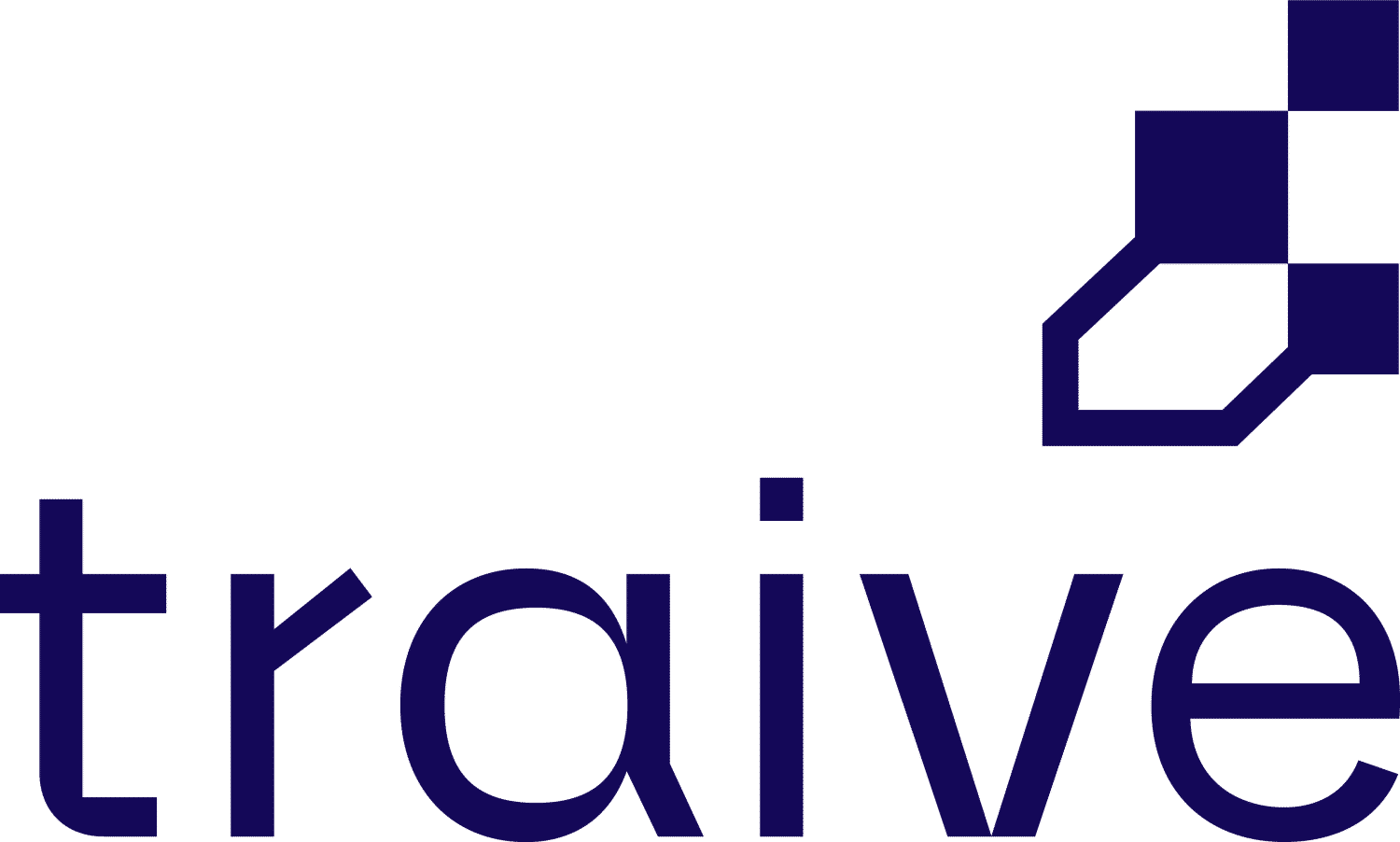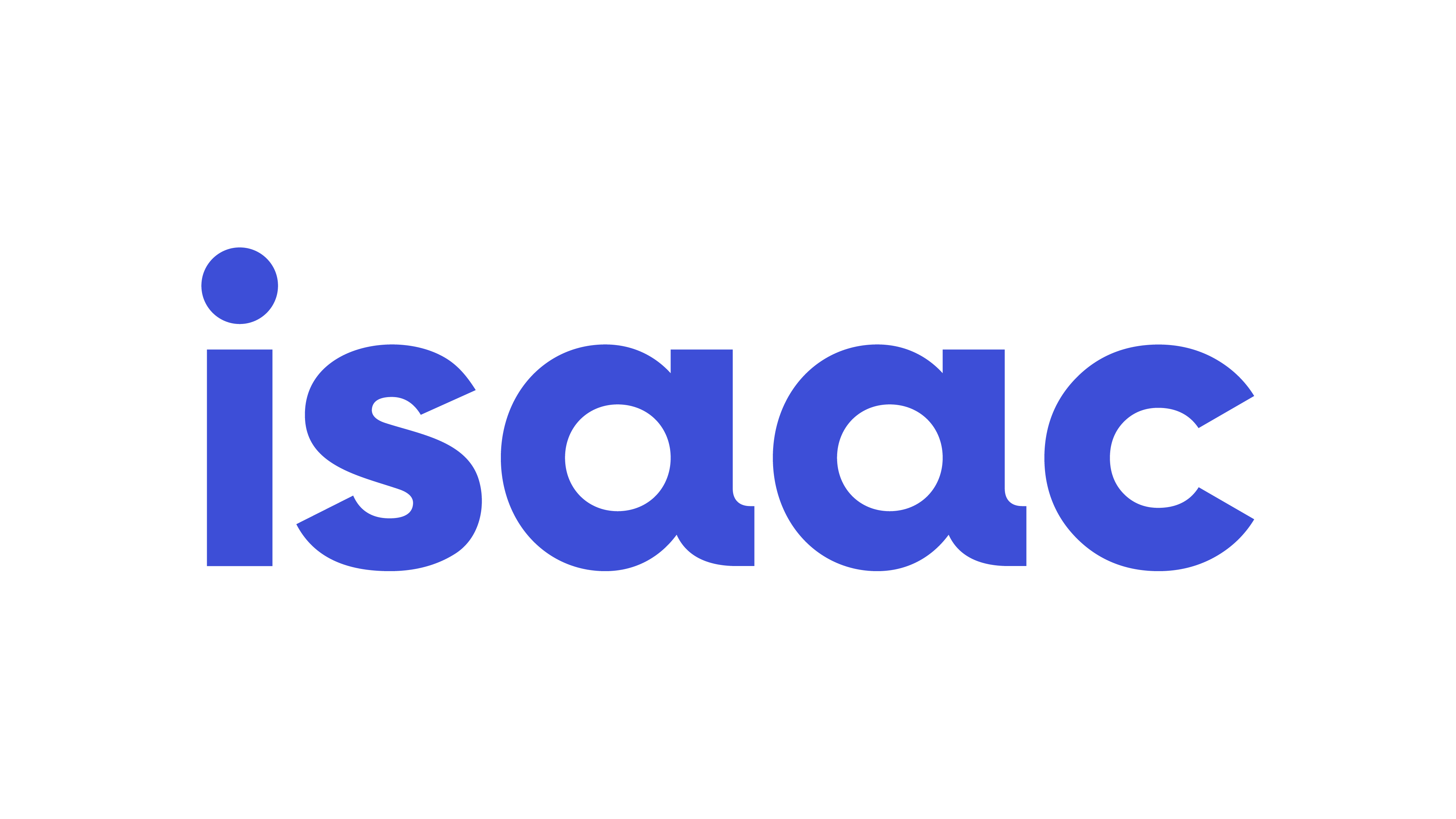São Paulo, Brazil is the largest Portuguese-speaking city in the world, with over 12 million inhabitants.
The city is a melting pot of cultures, with communities from Italy, Japan and Portugal as well as many others. It’s no surprise then, that São Paulo is also one of the world’s most exciting startups cities.
Here, we take a look at 10 startups in São Paulo that we think are worth watching as they continue to make waves both locally and globally…
1. Zak: Streamlining Restaurant Management
Zak is a platform for restaurant management, allowing food businesses to manage their entire operations in one place.
This makes the entire restaurant management business more efficient, allowing owners to track payments and manage suppliers all through a single platform.
2. GoBrunch: Virtual Video Platform
GoBrunch is a ‘personal office’ for creators and startups, providing businesses with the capability to host co-working, meetings, events and webinars in their rooms.
The company also allows for platform personalisation, meaning each business can create their own ‘style’ of virtual office. With so much capability, GoBrunch has grown to become a popular tools, especially post-pandemic.
3. Traive Finance: Finance For Agriculture
Traive Finance is a platform that connects investors with agricultural business owners, allowing them to increase their yields.
The platform uses data to analyse risks and provide farmers with credit options, ensuring they have what they need to grow their businesses.
4. Tembici: Urban E-Bikes

Tembici is helping people navigate São Paulo more sustainably with their network of e-bikes.
Offering both electric and normal bikes, the company is highly committed to green transport, even offsetting the greenhouse gasses associated with its bike sharing system.
5. Nextron Energia: Powering Clean Energy

Nextron Energia is making renewable energy more accessible by providing homes with the option to go green. Through a simple online registration, homes are able to start receiving clean energy from their solar plants, without the need to install anything themselves.
By offering clean energy alternatives, Nextron is playing a key role in Brazil’s move to a greener energy economy.
More from Startups
- InTouchNow.ai: AI Startup Profile
- SilentSale: The Marketplace Built to Protect People, Not Exploit Them
- Top AI Startups in Australia 2025
- Experts Share: How Startups Should Hire If Jobs Are Taken By Automation And AI?
- Are AI Features Increasing The Value Of Startups?
- Founder of the Week: Maya Moufarek
- Startup of the Week: The Washing Machine Project
- Top 10 SaaS Startups in the US 2025
6. Loft: Online Real Estate
Loft is changing the real estate market in Brazil by allowing people to find apartments all over the city to buy and rent.
The platform provides users with detailed information, including virtual tours and prices. This helps make the real estate market in São Paulo more accessible.
7. Kovi: Medium Term Car Rentals
Kovi is a car rental company perfect for those that need a car, but can’t afford to buy one themselves.
Their model allows drivers to simply choose the model of car they want, get it delivered and then pay on a monthly basis – with costs like insurance, maintenance and delivery all covered through the platform.
8. Moss: Carbon Credits

Moss is a carbon credits marketplace, helping companies become carbon neutral.
Through purchasing carbon credits, companies can support conservation projects in areas like The Amazon – South America’s largest rainforest. Not only does this help companies achieve their sustainability goals, it also helps promote a greener Brazil.
9. Agrolend: Finance For Farmers

Farmers are a central part of the Brazilian economy, and Agrolend helps them get the finance they need.
Targeted at small and medium sized producers, the company helps them raise the funds they need to maximise their crops, and then support with distribution.
10. Isaac: Finances For Schools
Isaac is a financial platform that ensures schools receive their tuition payments on time, even if parents have not paid yet.
This eliminates any financial risk, as well as providing a smoother payment system for parents.
By helping schools manage their money, they can focus more on delivering good education and less on their finances.








